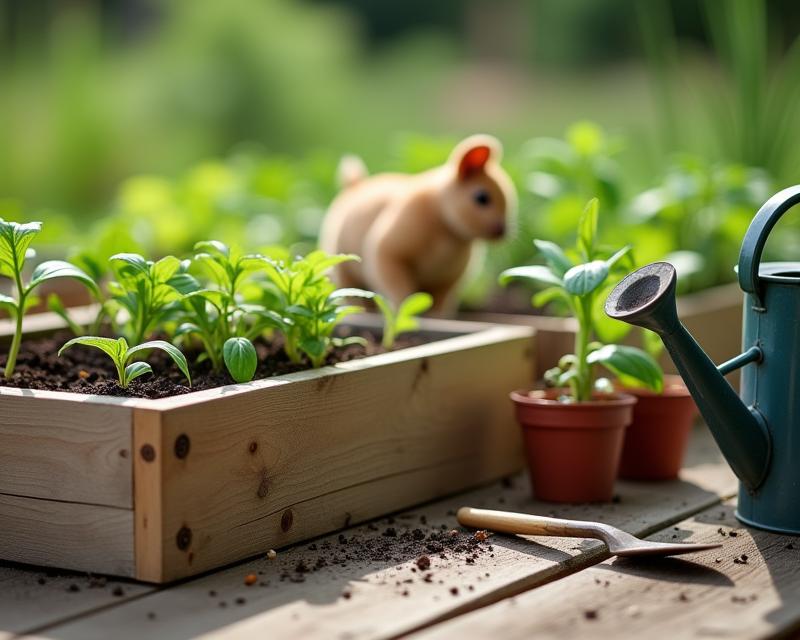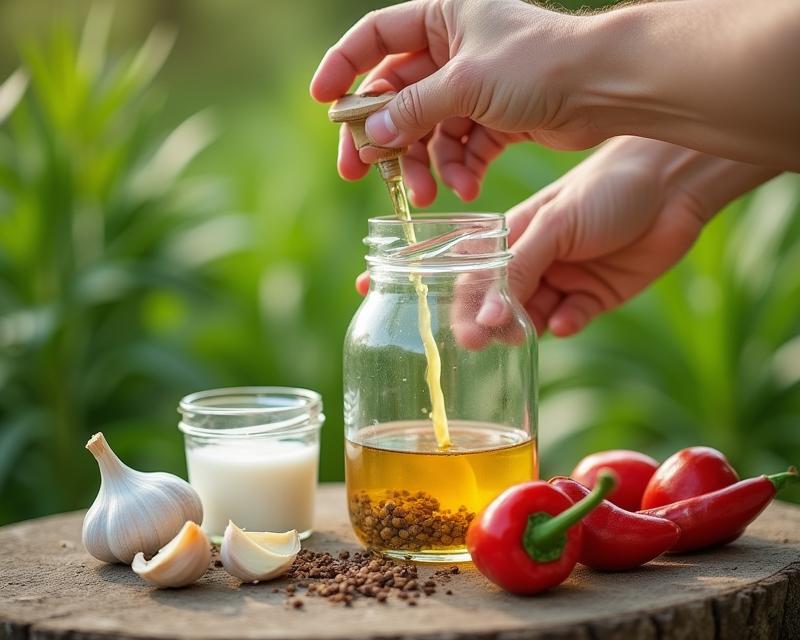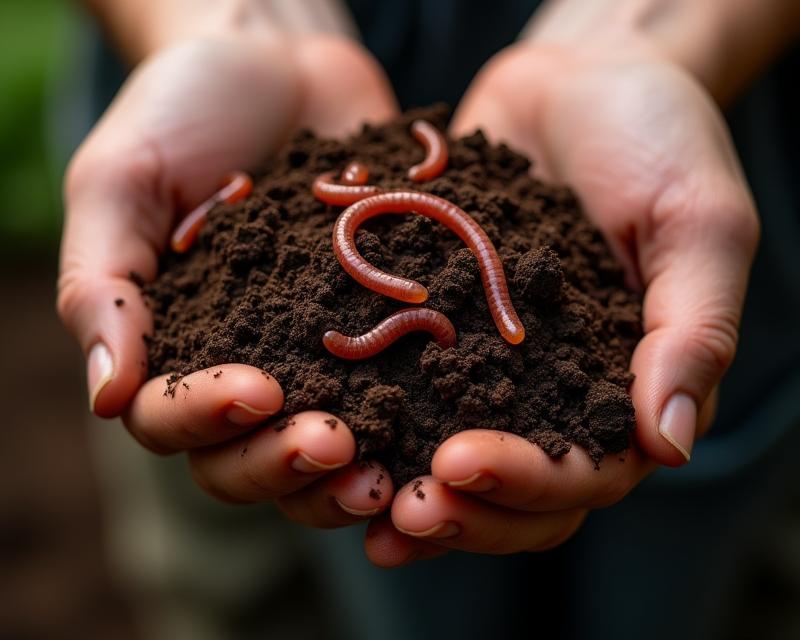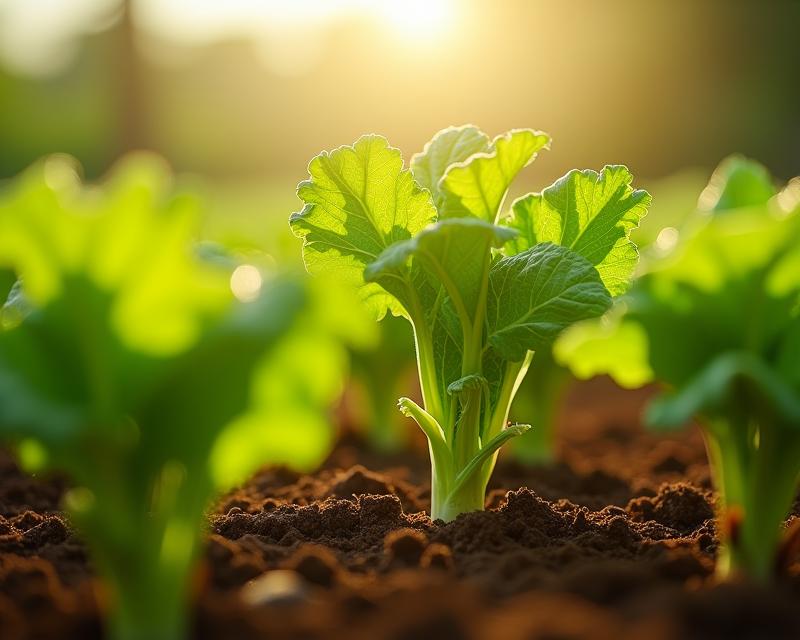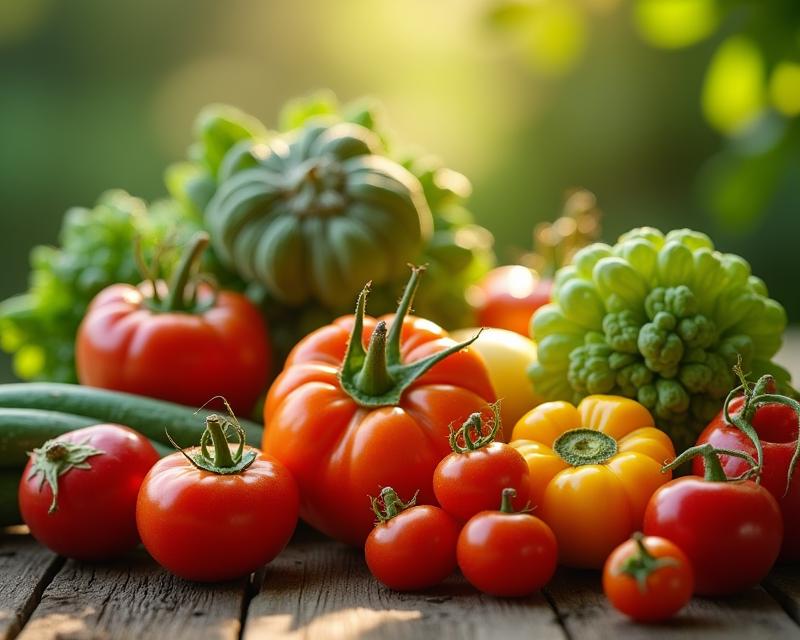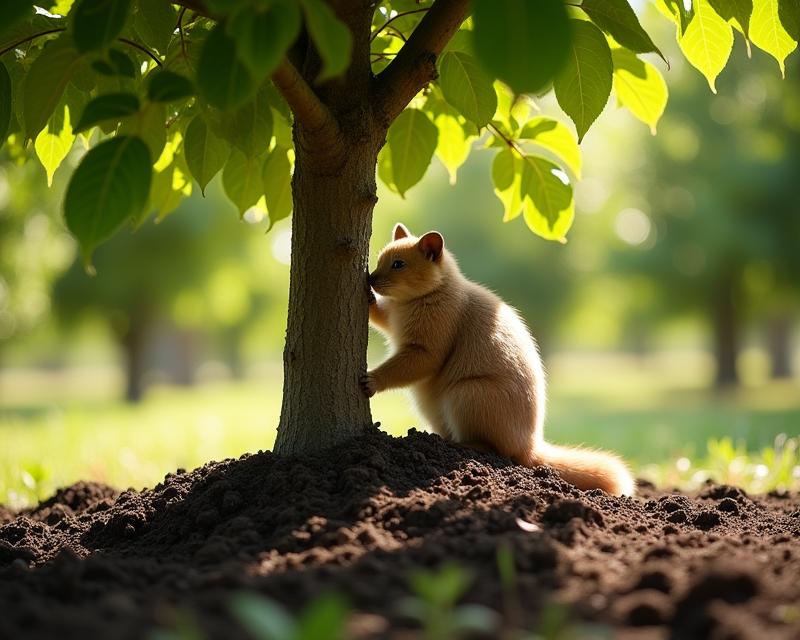Grow Oyster Mushrooms: A Simple Guide
Publish in Organic Gardening & Farming el 04/07/2025 15:54
Grow Oyster Mushrooms: A Simple Guide
Oyster mushrooms are incredibly popular for good reason! They're delicious, easy to grow, and can thrive on readily available materials like straw and coffee grounds. This guide offers a simple, low-cost method perfect for urban farmers, gardeners, and anyone curious about adding fungi to their growing repertoire.
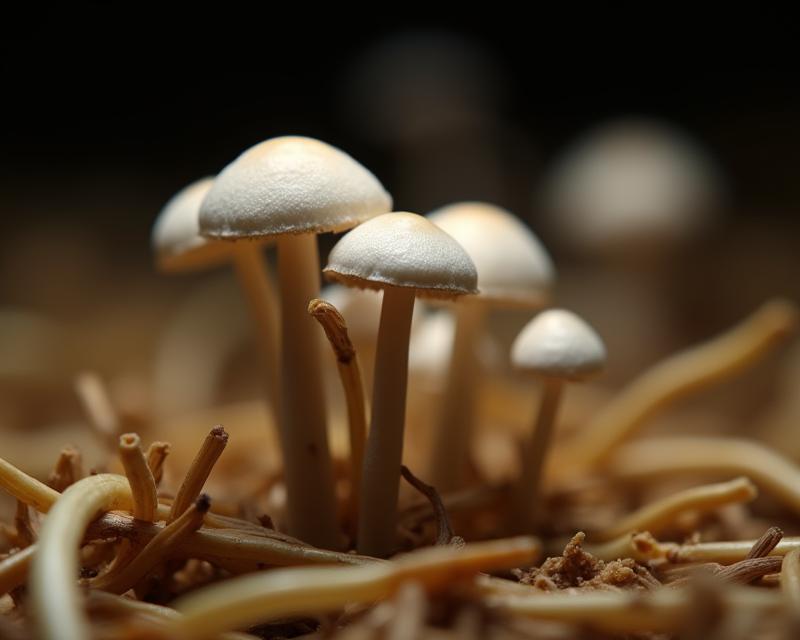
Why Oyster Mushrooms?
Oyster mushrooms (Pleurotus ostreatus) are prized for their delicate flavor and fast growth. Unlike some other mushroom varieties, they don't require specialized conditions and are relatively resistant to contamination. They're also fantastic for utilizing agricultural byproducts, reducing waste and promoting a circular farming system. Plus, they're packed with nutrients and offer a sustainable food source!
Growing on Straw: A Beginner-Friendly Method
Straw is an excellent substrate for oyster mushrooms. Here's a simple process:
- Pasteurization: You'll need to pasteurize the straw to kill off competing organisms. This involves soaking the straw in hot water (around 160-180°F or 71-82°C) for 1-2 hours. Make sure the water is hot enough to kill pathogens, but not so hot that it cooks the straw.
- Cooling & Draining: After pasteurization, allow the straw to cool completely and drain thoroughly. Excess moisture is the enemy!
- Inoculation: Mix oyster mushroom spawn (available online or from local suppliers) with the cooled straw. A good ratio is typically 5-10% spawn by weight of straw. Mix thoroughly to distribute the spawn evenly.
- Incubation: Pack the inoculated straw into bags (e.g., heavy-duty paper or plastic) or a container with air holes. Place the bags in a dark, humid environment with a temperature of 65-75°F (18-24°C). This incubation period usually lasts 2-3 weeks, allowing the mycelium (the mushroom's root structure) to colonize the straw.
- Fruiting: Once the straw is fully colonized (appears white and fluffy), expose it to light and increase humidity (80-90%). You can do this by placing the bags in a greenhouse, shaded area, or using a humidifier. Small pinheads will start to form within a week or two.
- Harvesting: Harvest the mushrooms when the caps are fully developed but before they start to drop spores. Twist or cut them off at the base.
Coffee Grounds: A Great Alternative
Don't discard your coffee grounds! They're another excellent substrate for oyster mushrooms. Coffee grounds are acidic, which helps prevent contamination. You can use them alone or mix them with straw or wood chips. The process is similar to growing on straw, but coffee grounds tend to colonize faster. Just be sure to pasteurize them first to reduce the risk of unwanted organisms.
Tips for Success
- Humidity is Key: Oyster mushrooms need high humidity to thrive.
- Ventilation Matters: Good airflow prevents mold and promotes healthy growth.
- Cleanliness is Essential: Maintain a clean environment to minimize contamination.
- Be Patient: Mushroom growing takes time and patience!
Growing oyster mushrooms is a rewarding experience. It's a sustainable way to produce delicious food and reduce waste. Give it a try – you might be surprised at how easy it is!
